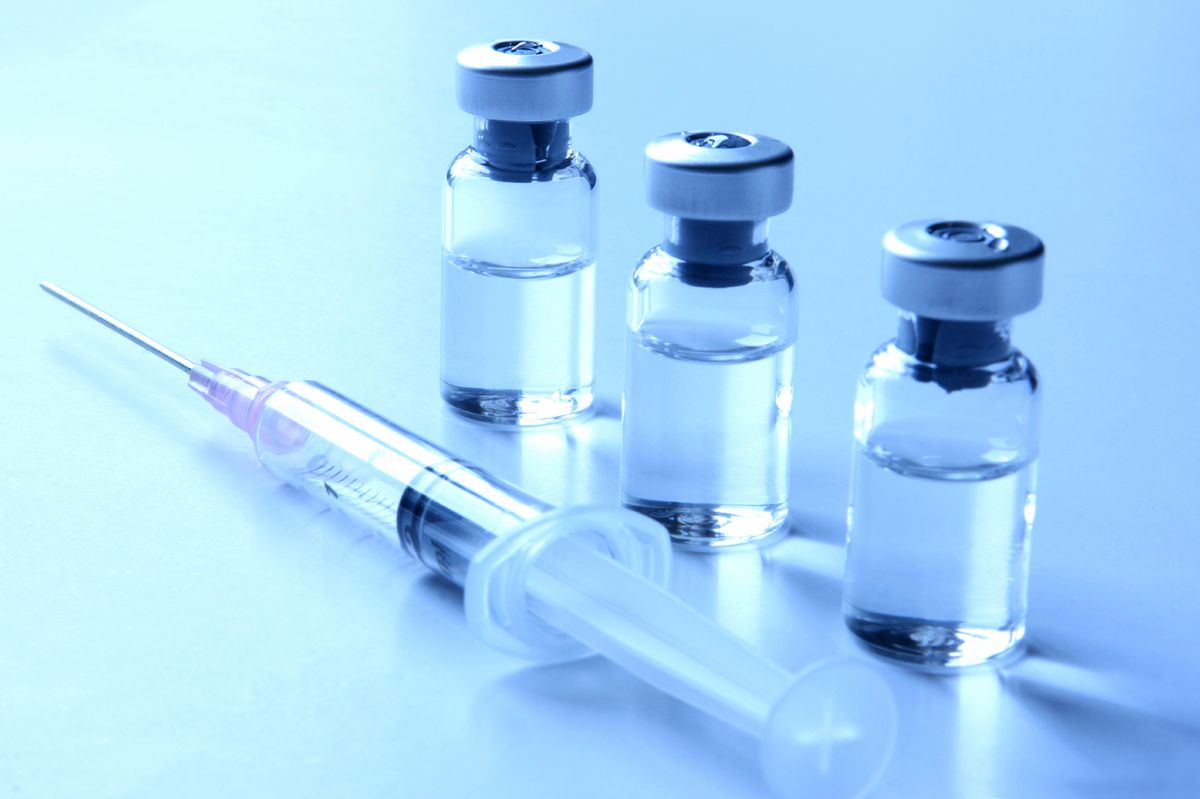- Center on Health Equity & Access
- Clinical
- Health Care Cost
- Health Care Delivery
- Insurance
- Policy
- Technology
- Value-Based Care
Approvals, Policy Changes Raise Profile of Biosimilars in Canada
At least 8 biosimilars were approved in Canada over the past 12 months, as policy makers made a strong push for biosimilar acceptance, which led to a change in prescribing patterns.
Biosimilars are making further inroads into Canada’s provinces and territories.
Celltrion Healthcare announced that its adalimumab biosimilar (CT-P17; Yuflyma), referencing AbbVie’s Humira, was approved for marketing by Canadian health regulators. The biosimilar is a high concentration, citrate-free version of adalimumab and was previously approved by the European Medicines Agency and is currently on sale in the European Union.
Roughly 60% of the adalimumab market in the European Union is now for the high concentration formulation (100 mg), whose citrate-free formulation reduces pain upon injection, and a similar change in usage dynamics is occurring in North America, which Celltrion considers a dynamic market for Yuflyma.
In introducing Yuflyma to the Canadian market, Celltrion will benefit from growing regulatory and policy support for biosimilars, which public health authorities have begun to emphasize through mandatory patient switching programs.
Biosimilars are equivalent in safety and efficacy to the brand drugs they reference. In Canada, the Northwest Territories in late December 2021 became the fifth Canadian jurisdiction to mandate that patients in the public health system switch to biosimilars.
Although the Northwest Territories is a sparsely populated wilderness area, the policy change is part of an ongoing snowball effect that has so far seen switching programs imposed in British Columbia, New Brunswick, Alberta, and Quebec.
Canada public health authorities initially allowed market dynamics to manage the introduction of biosimilars, which were expected to displace originator drugs and, through lower-priced competition, bring down the cost of health care and improve access. But this wasn’t happening to the extent hoped for, and authorities deemed switching programs to be a faster route to biosimilar uptake and savings.
“The full benefits of biosimilars cannot be realized unless drug plans adopt policies that support their expanded use with the implementation of successful biosimilar transitioning or ‘switching’ policy,” the trade group Biosimilars Canada said in a recent statement about the Northwest Territories decision.
The switching programs have been complemented by a steady introduction of newly approved biosimilars. Other biosimilars approved in Canada in 2021 include:
- Abevmy (bevacizumab; Avastin), produced by BGP Pharma
- Aybintio (bevacizumab), by Samsung Bioepis
- Bambevi (bevacizumab), by Apotex
- Kirsty (insulin aspart; Novorapid), by BGP Pharma
- Nypozi (filgrastim; Neupogen), by Tanvex Biopharma
- Abrilada (adalimumab), by Pfizer
- Riabni (rituximab; Rituxan), by Amgen
The list of biosimilars approved so far in Canada now exceeds 40, vs 33 in the United States.
Efforts are being made to improve biosimilar acceptance in other ways. Researchers in Canada recently developed switching guidance for pharmacists and dispensing medication for patients with rheumatologic disorders.
They noted the power of the nocebo effect to undermine the otherwise therapeutic potential of biosimilars. Strong patient doubts about the value and effectiveness of biosimilars can render them less effective for treatment, and this is known as the nocebo effect.
The panel of experts convened to develop a consensus on switching guidance recommended that pharmacists use positive language when explaining biosimilars to patients. They also recommended that health team members coordinate their message on biosimilars so that patient confidence in these agents is fully supported.
The researchers were hopeful that the guidance would be useful to pharmacists and other health care workers outside Canada.

